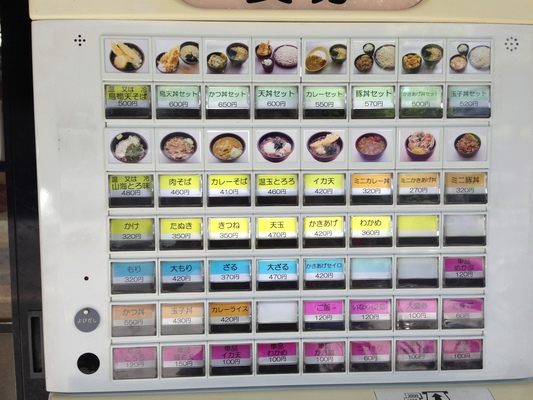- We continue to see a myriad of investment opportunities in Japan, particularly with Japanese companies that are successfully expanding internationally.
- Japanese companies have historically tended to expand internationally through the large-scale relocation of production facilities overseas, but we are seeing a trend underway across a broad range of Japanese companies: overseas expansion through mergers and acquisitions, both large and small in size, with an emphasis on targets in emerging Asia.
While Japan does not typically fall into the purview of emerging markets funds, the Seafarer Overseas Growth and Income Fund has specifically included Japan in its Prospectus for good reason: there are many interesting and nimble Japanese companies that are successfully expanding into the emerging markets.
Japanese companies have historically had a reputation for being averse to mergers and acquisitions, preferring to grow organically over long periods of time. This aversion was a byproduct of Japan’s notoriously rigid business culture, where corporations sought to control all aspects of the supply chain, talent was grown from within and jobs were typically for life. Contrary to this stereotype, a common theme over the course of a week of management meetings in Japan was international expansion, with a focus on opportunities in the emerging markets.
One such company that I met with in Tokyo produces a broad array of components for use in the robotics, aircraft hydraulics, transportation and packaging equipment industries. In 2010, this company generated 70% of its revenues domestically in Japan. Today, after a series of smart international acquisitions and overseas expansions, domestic revenues constitute only half of the total. This company’s long track record as a high-quality component maker across several industries has facilitated its overseas expansion. I was pleased to learn that management intends to continue pursuing its overseas strategy with a focus on mainland China, as well as parts of central and southern Europe.
Another company that I met with in Tokyo, also operating in the industrial sector, has increased its percentage of overseas revenues from 40% to 60% over the past four years through expansions and acquisitions, with the revenues realized from broader Asia (excluding Japan) growing at an impressive pace.
Perhaps the most telling sign of the expanding global outlook of these companies relates to the fiscal calendar. The vast majority of publicly listed companies in Japan have a March 31st fiscal year-end, a legacy related to the government’s fiscal year which runs from April 1st to March 31st. Both of the companies mentioned above are in the process of switching their fiscal year- ends from March to December in order to coincide with the reporting calendars of their recently acquired overseas subsidiaries. These shifts display a degree of flexibility that I did not expect from either of these companies, both with deep histories dating back more than 70 years.
The value of mergers and acquisitions conducted by publicly listed Japanese firms into global emerging markets in the five-year period 2010 to 2014 totaled US$56.8 billion.1 This is a significant increase from the total of US$18.1 billion conducted during the five-year period 2003 to 2007 and perhaps indicative of the sort of flexibility, openness and change that permeates corporate Japan today.
A common theme articulated in these recent management meetings was the desire to build a network of overseas operations, bringing Japan’s signature of high-quality products and efficient production techniques to markets that need them. Whether this trend is a response to the demographic challenges of growing their businesses in Japan or an indication of a new openness to generating revenues in other geographies, it’s clear that contrary to long standing cultural proclivities, there are many Japanese companies deftly expanding into the emerging markets. We are pleased to see this trend continue.
Kate JaquetTokyo







- The views and information discussed in this commentary are as of the date of publication, are subject to change, and may not reflect the writer's current views. The views expressed represent an assessment of market conditions at a specific point in time, are opinions only and should not be relied upon as investment advice regarding a particular investment or markets in general. Such information does not constitute a recommendation to buy or sell specific securities or investment vehicles. It should not be assumed that any investment will be profitable or will equal the performance of the portfolios or any securities or any sectors mentioned herein. The subject matter contained herein has been derived from several sources believed to be reliable and accurate at the time of compilation. Seafarer does not accept any liability for losses either direct or consequential caused by the use of this information.
- Kate Jaquet is a Registered Representative of ALPS Distributors, Inc.
- Bloomberg, 20 June 2015.
![[Chrome]](/_layout/images/ua/chrome.png)
![[Firefox]](/_layout/images/ua/firefox.png)
![[Opera]](/_layout/images/ua/opera.png)
![[Microsoft Edge]](/_layout/images/ua/edge.png)